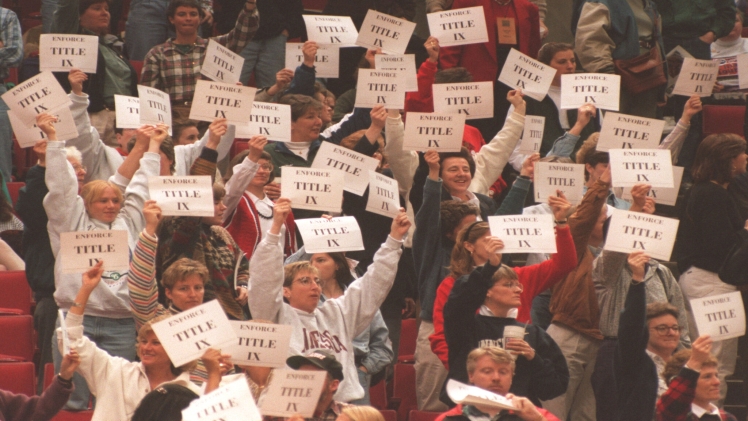Title IX is a federal law that prohibits sex discrimination in educational institutions that receive federal funding. The United States Department of Education has Title IX investigations to protect students and employees who have been discriminated against on the basis of sex discrimination. Students of all ages are protected under Title IX, including those with disabilities. It also covers students participating in extracurricular activities, such as clubs or athletics regardless of their gender identity.
Title IX covers students in public and private schools, colleges, and universities. It includes anything from a student experiencing harassment to being refused participation because of sex stereotyping. You can consult a Title IX attorney to learn more about this law and how it could protect you.
What are Title IX Protections?
Title IX protects students, teachers, and employees of the school, including those with disabilities. It prohibits discrimination on the basis of sex, gender identity, and gender expression in educational institutions. It prevents schools from refusing a student or applicant admission based on sex, including gender identity. Title IX also forbids schools from discriminating against a student or employee due to his or her sex. Additionally, it prevents the school from treating students differently because of sex stereotypes and by not allowing students to participate in activities according to their gender identification.
Who Enforces Title IX?
The United States Department of Education has the authority to investigate and prosecute those who are violating Title IX. In fact, the DOE’s Office for Civil Rights (OCR) is responsible for the enforcement of Title IX. They can help you file a complaint if you have been discriminated against or harassed at school. You will also be provided with help, guidance, and resources on a number of issues related to Title IX. However, they do not settle them. They will forward your complaint to the school for response and resolve it there.
Under Title IX, schools must have a complaint procedure policy in place for handling sexual harassment claims or claims regarding sex discrimination. Most schools have a Title IX coordinator to handle Title IX violations and related issues.
What Does Title IX Require Schools to Do?
Public schools are required to handle sexual harassment complaints or issues, regardless of whether the case is filed by a student, parent, or employee. A school must have an anti-harassment policy in place and training for those who are responsible for handling it. In addition, all schools must provide all members of the community with information about Title IX and its enforcement.

